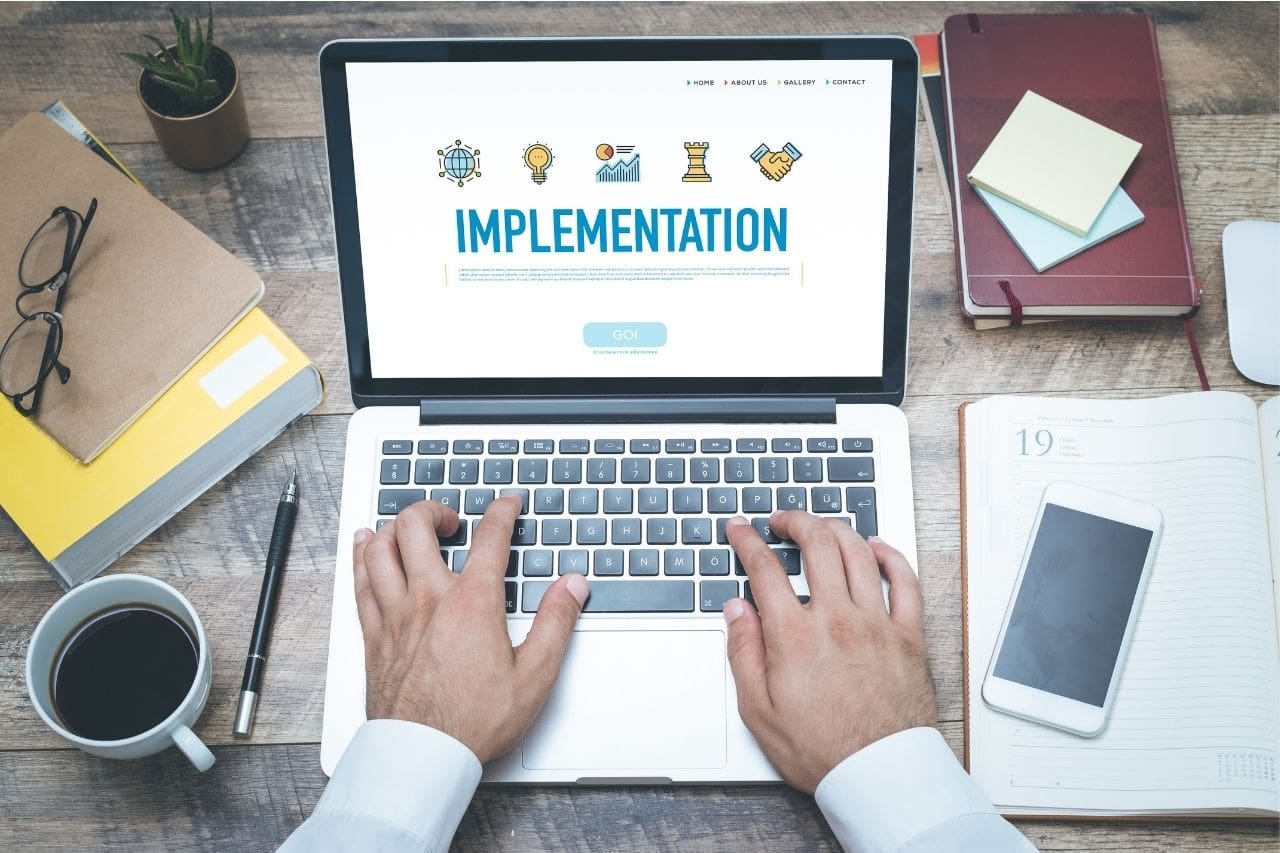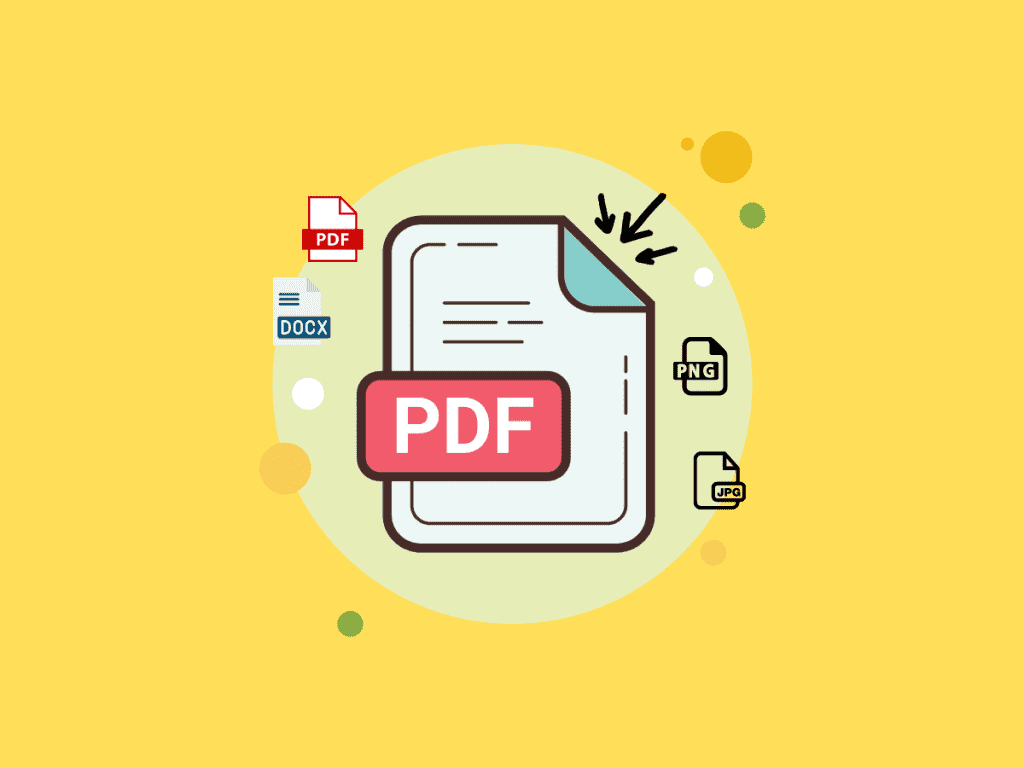The Fundamentals of Contract Implementation
Learn what contract implementation is, why it's crucial, and how to execute it effectively. Discover the key steps and benefits of having a strong implementation process.

In business, nothing is more important than a well-written contract. A contract spells out the terms of an agreement between two or more parties and can help avoid costly legal disputes.
Contracts are the lifeblood of businesses, yet their implementation can be complicated and time-consuming. This article will outline the basics of contract implementation, why it's important, and the key benefits of having a process.

What Is Contract Implementation?
The contract implementation process part of the stages in the contract management lifecycle where the contract terms and conditions are executed. This stage usually happens after both parties have signed and agreed to start as soon as possible.
It aims to turn the contract into a working agreement that meets the objectives of both parties. It usually requires close collaboration between the buyer and supplier and other stakeholders such as project managers, finance, and legal teams.
During the implementation, tracking progress against key performance indicators (KPIs) and contract milestones is crucial to ensure all parties execute the contract as planned.
Both parties should conduct regular reviews to identify issues or risks that could impact contract delivery. If problems arise during this stage, it's essential to address them quickly to prevent them from affecting the overall performance.
Sometimes, it may be necessary to make changes to the contract terms and conditions or seek clarification from either party.
Contract implementation can be complex, but you have a guide to follow when everything is in the fine print.
What Should I Consider in Contract Implementation Stage?
Implementation is key to the success of any contract management program. By properly implementing a contract management plan, an organization can save time and money, improve contract visibility, and mitigate risks.
One of the most important aspects of this stage is developing a clear and concise plan. The plan should outline the tasks that need to be completed, who is responsible for each task, and when the task needs to be completed.
Without a clear plan, it can be difficult to ensure that all contract obligations are met and that the contract management program is successful.
Another important consideration for implementation is contract visibility. All stakeholders involved in the contract should have access to the contract details and be able to track its progress.
Organizations can prevent misunderstandings and potential disagreements by ensuring that all stakeholders have visibility into the contract.
Lastly, it is important to consider risks when implementing a contract management program. Organizations should identify risks upfront and implement mitigation plans to reduce the likelihood of those risks occurring.
Organizations can create a successful contract management implementation plan that meets their specific needs by taking these steps during this stage.

What Are the Benefits of Having a Contract Implementation Process?
A contract implementation process is a set of best practices and guidelines that helps organizations ensure that their contracts are being adhered to. Here are the benefits of having one.
- Managed Expectations - it enables the organization to have a clear and concise understanding of what is expected from the contracted party. This protects the organization against any misunderstandings that could come up during the course of the contract.
- Keep Track of Progress - having a process in place also allows the organization to track progress and ensure that the contracted party is meeting its obligations. This can help avoid potential problems down the road and keep the project on track.
- Mitigate Potential Risks - the process can also help to identify any potential risks or issues that may arise during the course of the contract. By identifying these risks early on, the organization can take steps to mitigate them before they cause any problems.
Knowing that there is a process in place to handle any potential problems can help put everyone at ease and help ensure a successful outcome for all parties involved.
5 Key Steps in the Contract Implementation Process
A contract implementation plan is a critical element of any business agreement. It sets forth the steps that will be taken to ensure that the contract is executed properly and effectively. The following are five key steps that should be included in it.
1. Assign Responsibility for Implementation
Each party to the contract should designate a point person responsible for overseeing the implementation process. This will ensure clear accountability and avoid confusion about who is responsible for what.
2. Set Timelines and Milestones
The implementation plan should include specific timelines for each step of the process and milestones that need to be met along the way. This will help ensure that the process stays on track and that everyone involved knows what needs to be done and when.
3. Outline Communication Protocols
Clear communication is essential for successful contract implementation, and the plan should therefore include protocols for how and when the parties will communicate with each other during the process.
4. Document Progress
It is essential to keep track of progress during the process to identify any issues or bottlenecks. The plan should include provisions for documenting progress and reporting to the parties regularly.
5. Plan for Contingencies
No plan is perfect, and there will always be the possibility of unforeseen events occurring during the implementation process. The project should therefore include contingency plans for dealing with such events and mechanisms for making changes to the project if necessary.
These five steps will help ensure that the process goes smoothly and that the parties can fulfill their obligations under the agreement.
Final Thoughts
In short, contract implementation is the process of putting a contract into action. It can be a complex and time-consuming process, but it's important to get it right so that both parties receive the benefits they expect from the agreement.
If you're looking for help getting the implementation process started or want a tool to make it easier, you may want to explore the Fill app.
Fill is a free electronic signature app and document management tool that can make your life easier when implementing contracts. You can create contracts from scratch or edit custom templates according to your business' needs and details.
With Fill, you can electronically sign documents, store them securely in the cloud, and share them with others easily and quickly. Sign up for free today and see how easy it is to manage contracts online.




